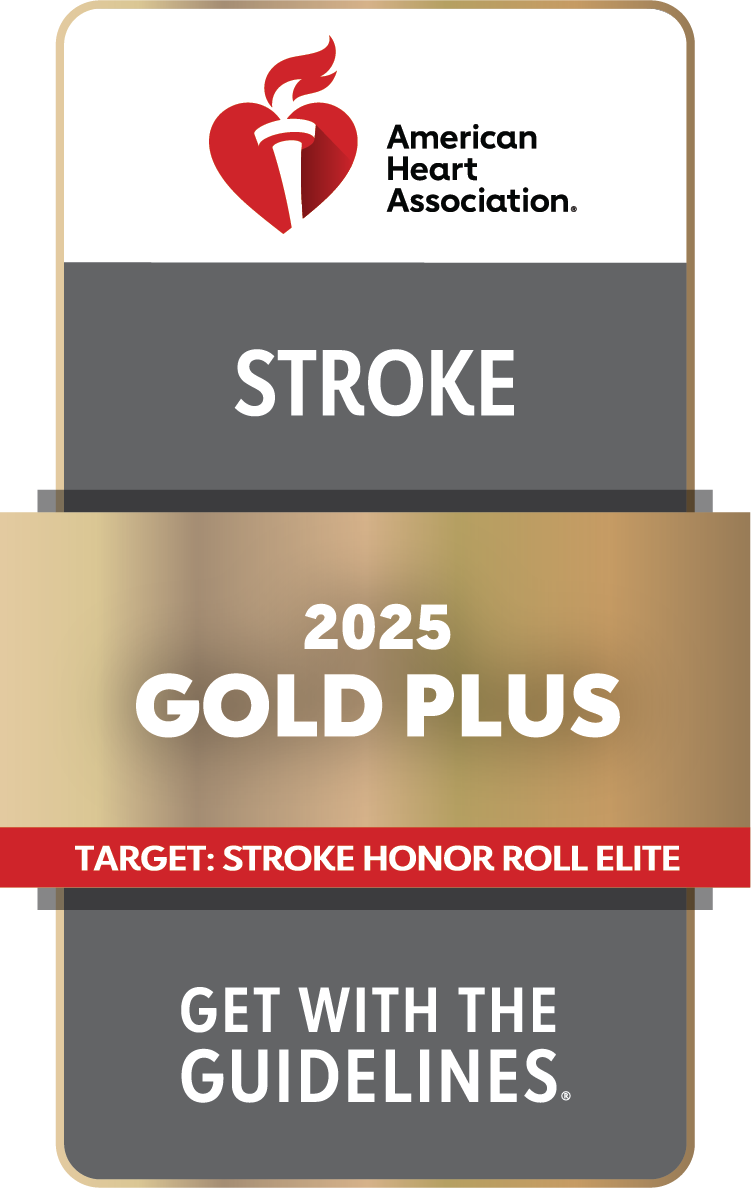Are You at Risk?
A stroke affects blood flow to the brain and is a medical emergency. Strokes can happen to anyone without warning and are a leading cause of death and disability. Knowing the signs and taking immediate action can help save a life. Stroke can occur at any age, but certain factors increase your risk.
A stroke risk assessment can help identify individual risk factors and empower you to take control of your health. Early intervention can improve outcomes, making it a simple and important step towards preventing stroke. Find out if you are at risk in just 3 minutes with our stroke assessment.
Fast, Expert Stroke Treatment
When every moment counts, you want a stroke care team you can trust. The Methodist Neuroscience Institute's trained, coordinated team is ready to jump into action and deliver lifesaving care.
Stroke team members use advanced imaging tests to identify strokes quickly so that you can get treatment as soon as possible. Types of stroke include:
- Ischemic stroke– A blood clot blocks a blood vessel leading to or in the brain.
- Hemorrhagic stroke– A blood vessel breaks and bleeds around or in the brain.
- Transient ischemic attack (TIA)– A clot temporarily blocks blood flow to the brain and goes away within minutes. A TIA is also called a "mini-stroke" and is considered a stroke warning sign.
The stroke team's well-coordinated care means you get leading-edge treatment — including minimally invasive approaches that restore blood flow quickly and let you recover faster. You can count on the best care from a team that focuses on your health, safety, and well-being.
BE FAST to Recognize Stroke Symptoms
Do you know the signs of stroke? The American Stroke Association offers an easy-to-remember acronym for stroke symptoms — BEFAST. Recognizing stroke symptoms could save your or someone else’s life:
- B - Balance. Watch for sudden loss of balance.
- E - Eyes. Check for vision loss.
- F – Face drooping. Numbness or drooping on one side of the face. Ask the person to smile to see if their smile is uneven.
- A – Arm weakness. Numbness or weakness in one arm. Ask the person to raise both arms to see if one arm sinks lower.
- S – Speech difficulty. Difficulty communicating, with slurred speech.
- T – Time to call 911. Make the call immediately if you notice any of these symptoms.
Strokes sometimes have other symptoms, such as a sudden, severe headache with no apparent cause, paralysis or weakness on one side of your body, confusion, or vision or balance problems. If you have any of these symptoms — which can also signal other cerebrovascular diseases besides stroke — get medical care right away.
Understanding Cerebrovascular Diseases
Just like other areas of your body, your brain needs a continuous supply of blood with the oxygen and nutrients it needs to function. Cerebrovascular diseases, such as stroke, are conditions that affect blood vessels that supply blood to your brain. Blood vessels can have structural abnormalities, blockages like blood clots, weakened areas, ruptures, and other problems that can cause cerebrovascular conditions.
Cerebrovascular diseases need expert care to restore blood flow to your brain. In instances like stroke, when your brain’s blood supply is cut off completely, you need immediate care. Brain cells die when they don’t get oxygen. The sooner you get treated, the better your chances of limiting damage and avoiding permanent disability.
Know Your Risks
Risks that increase the chance for stroke include high blood pressure, atrial fibrillation (Afib), and diabetes. Other risk factors include family history, gender and race. Did you know African Americans are more likely to have a stroke than any other racial group? There are also risk factors you can control like smoking and lack of physical activity.
Talk to your doctor about your risk for stroke. Find a Primary Care Provider
Methodist Neuroscience Institute & Stroke Centers
The Methodist Neuroscience Institute is committed to excellence in the treatment and management of strokes. All Methodist adult hospitals are accredited and certified as Comprehensive Stroke Centers or Primary Stroke Centers, ensuring you receive comprehensive care from stroke experts.
Methodist University Hospital
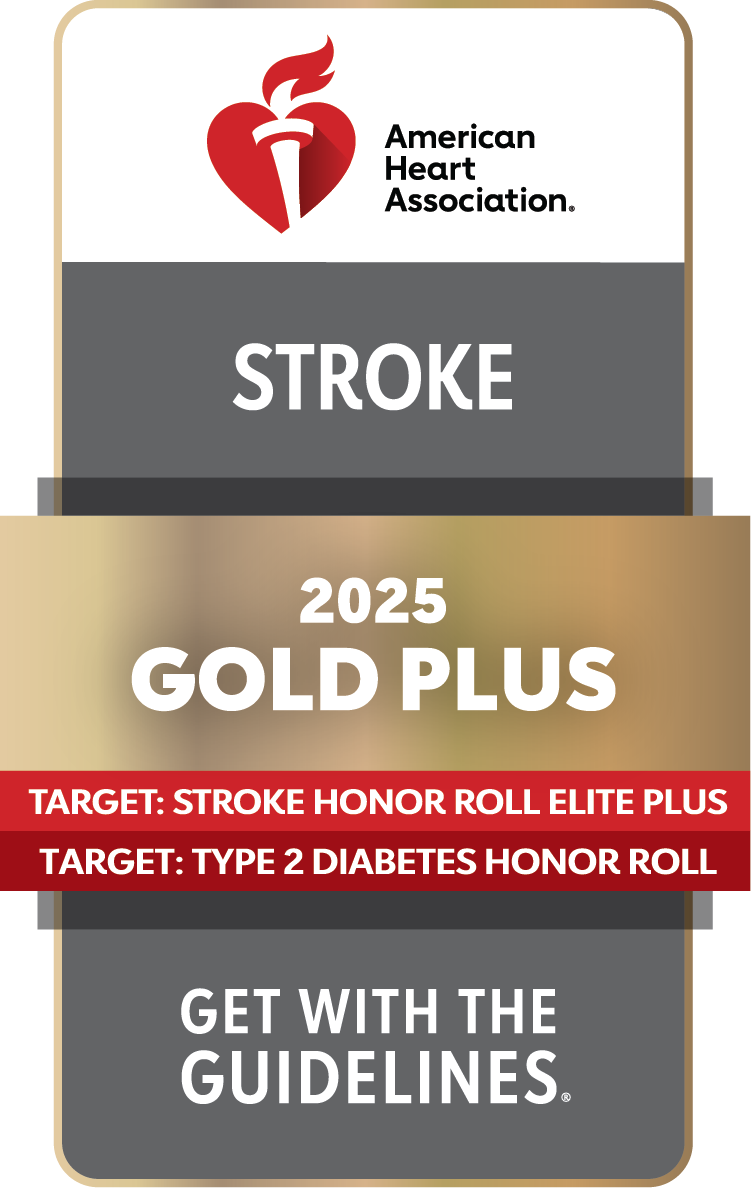
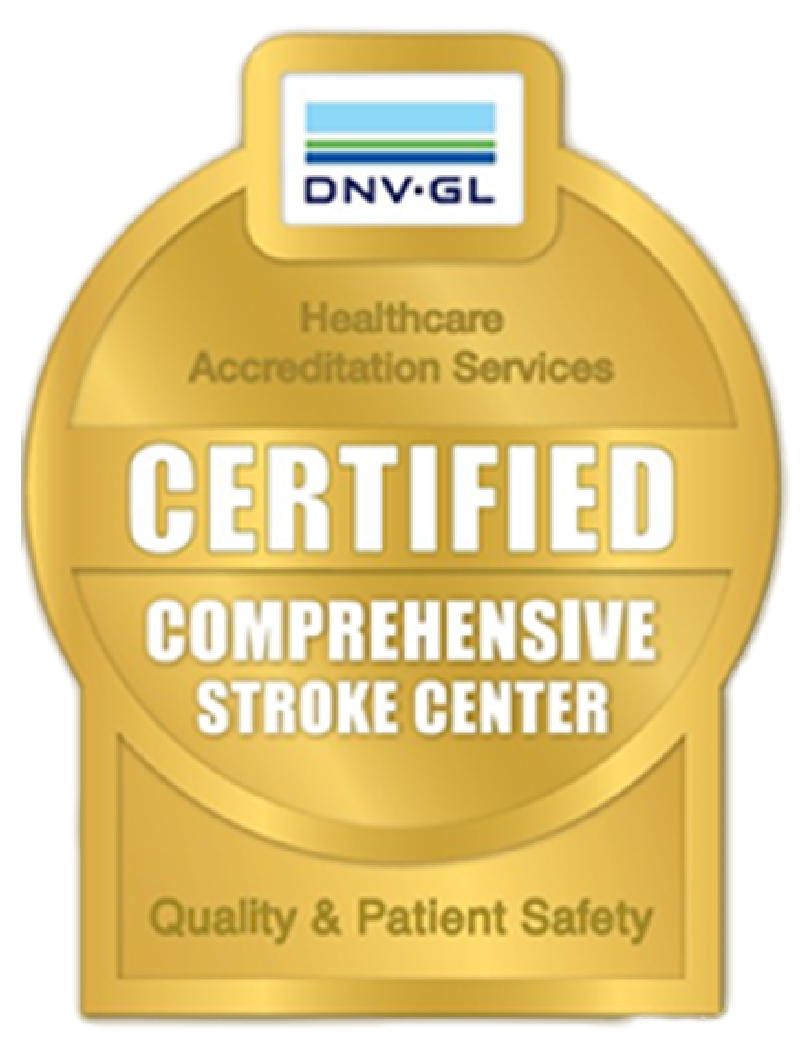
Methodist South Hospital

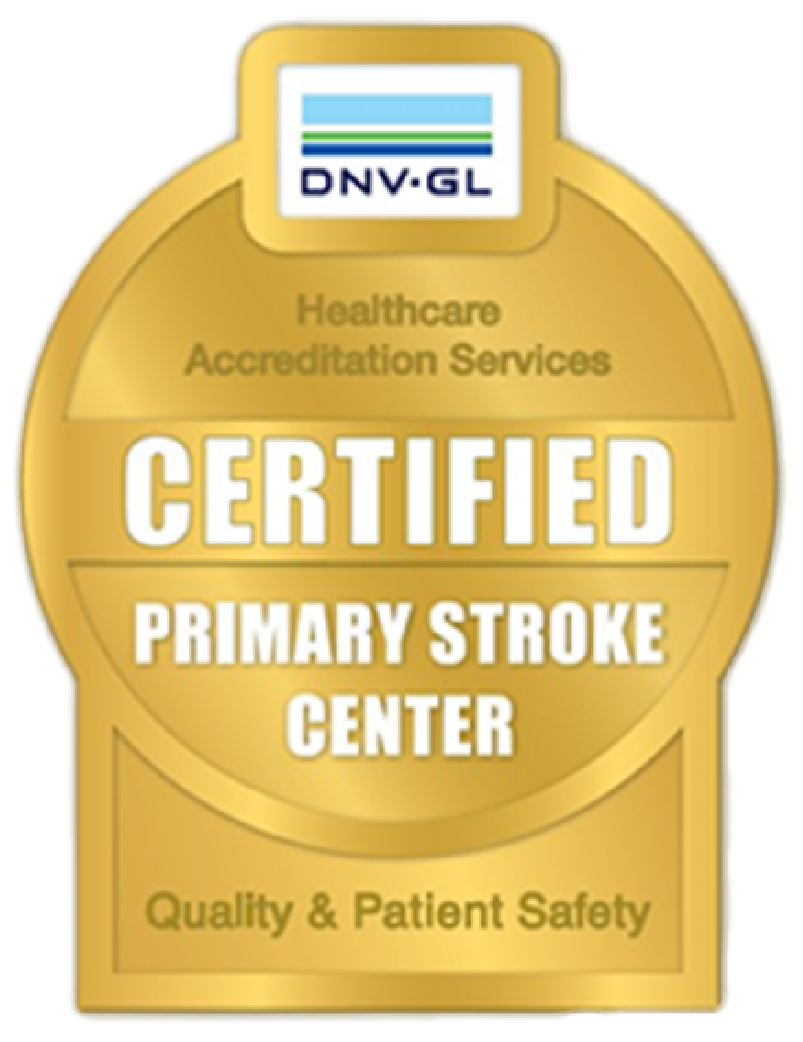
Methodist Germantown Hospital


Methodist North Hospital
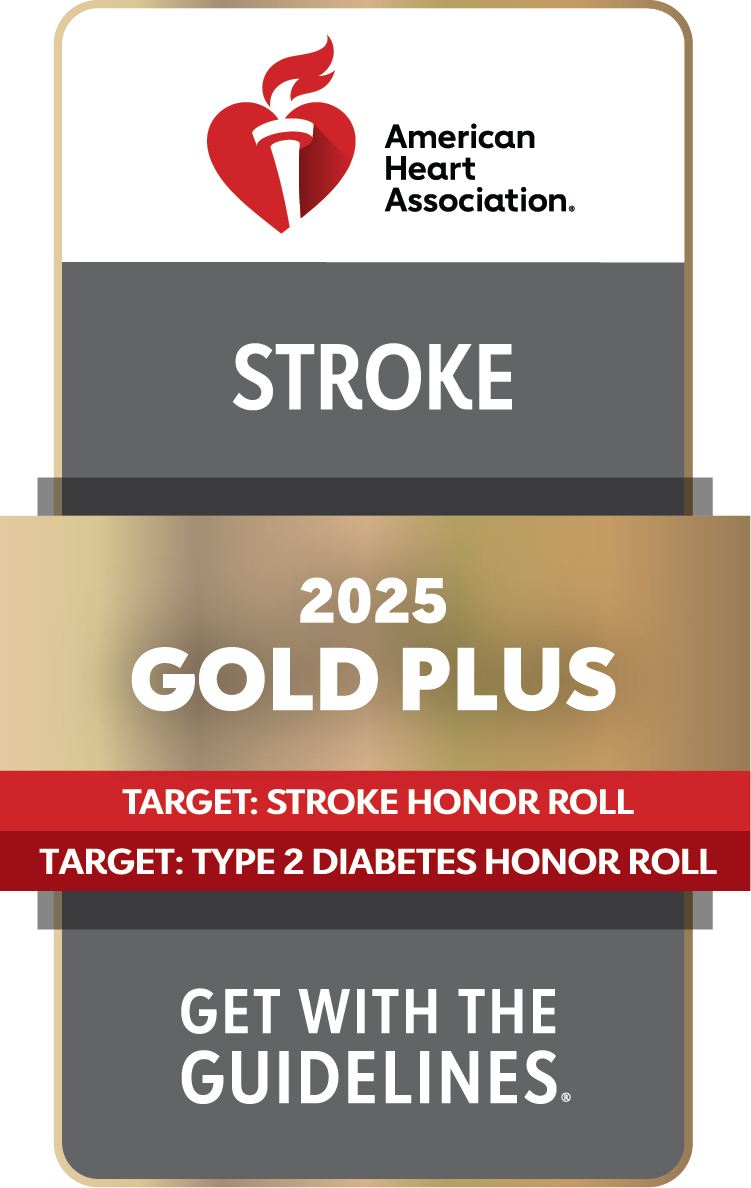

Methodist Olive Branch Hospital
